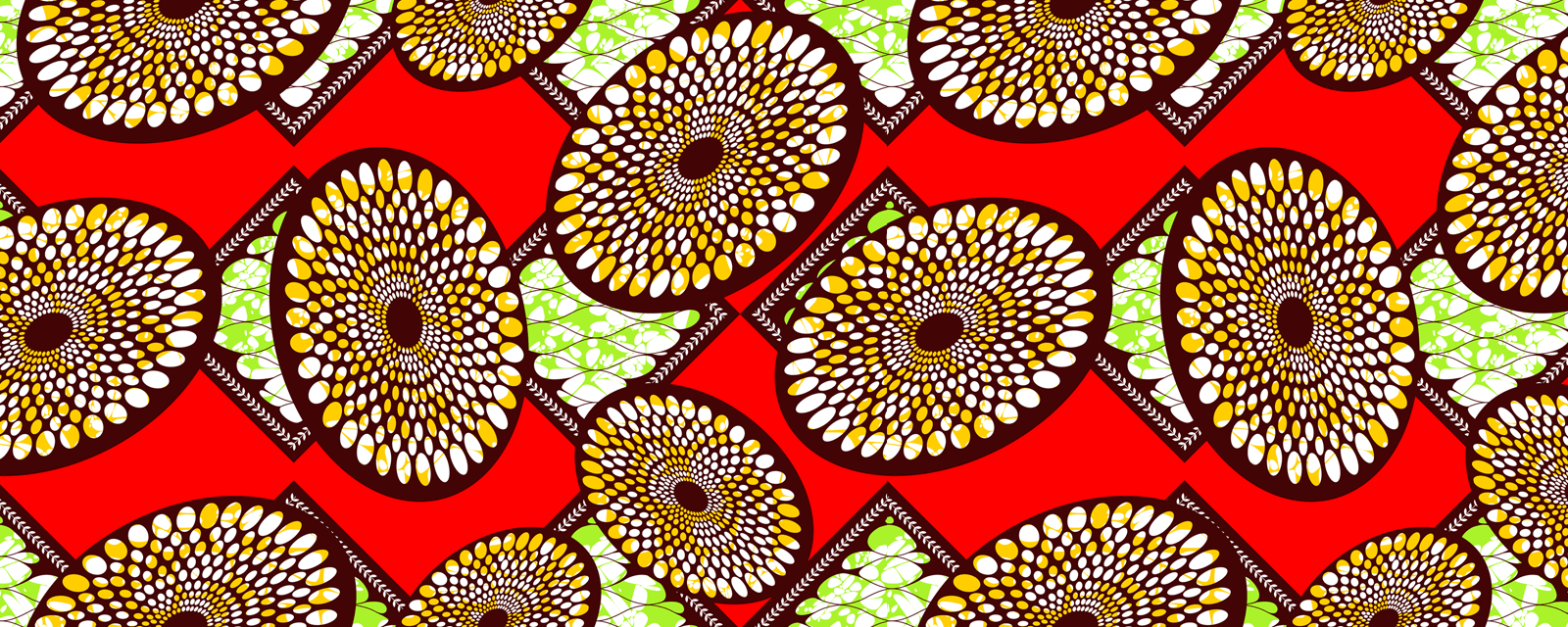A Bahima women’s Praise-Poem, recorded in 1955 in Ankole, and recited by Rhoda Kenyonyosi, who described it as by an unknown composer and dating from 1950. (See also The Bahima Women Praise Their Cattle).
The Bahima people are the cattle herders among the Bayankole people of southwest Uganda. In these praises, originally in the Runyankole language, the subject is the beauty of the women of the Baronda age set, and especially that of Veronika. The chorus (Stand up, so that before we say goodbye etc.) is repeated after each praise.
You Baronda, (1)
wake up the ugly women (2)
And let the beautiful ones take their place.
Stand up, so that before we say goodbye,
I may tell you what I had forgotten.
The ugly women have given money (3)
And are eager for the first place.
Gird yourselves, you beautiful ones, for your clothes become you;
Those with few ankle rings have gone out into the wilderness. (4)
All the time, I am wanting to ask you,
Who the leader is among you.
Our leader is Ihangwe;
Let her stand up, let her rule you, let her be your mistress.
Kyabambire, sister of Rwanimba,
When you see her it is as though she has recently been drunk. (5)
You, Kyobugondo, are as the black and red Rwanda cattle of Mpororo, (6)
You have beautified yourself.
Veronika has put on her blanket, (7)
She has kept the cattle waterers from departing. (8)
She is as beautiful as the strawberry cattle going to water,
She is like a heifer which has escaped fever. (9)
She is as beautiful as the strawberry cattle going to water,
She is like a country that is free from disease.
She is like a lake with many arms, (10)
She is like an island that is seen by all.
I have sung of one who is my sister,
I fear to speak her name.
She has her habits which she got from childhood,
She is loveable and adored by all.
They brought her a cloth but she refused it,
She preferred one of the kabeetsimbe design. (11)
Her neck stands erect in her cloth,
I admire the one who is wearing ankle rings.
She has come from her bed into the doorway;
The ugly ones make way for her.
You fair ones have your own type of beauty,
But the dark ones take precedence. (12)
Mbinda is as black as the starling,
She is so black as to excel them all.
The stripes of the fair woman (13)
Have paralyzed my body as though I were ill.
The stripes of the fair woman
I know to be a provocation to the clan.
Kiroji is the circlet of the sorcerers, (14)
She is as beautiful as the colobus monkey. (15)
Stand up, so that before we say goodbye,
I may tell you what I had forgotten.
Here is the original in Runyankole:
Barondá
mwe muhindé enkoromóíjo
Nimuhigíze ébishonga byetsimbe.
Nimwémerere mbanzé mbaragííre
Mbagambire ékyaba kinyebire.
Obukazi bubi bwahayó twa sénte
Nibaitanira ómwanya gw’ókubanza,
Nimweziríkye ébishonga mwátoorwa
Bakanyerére baaha ógwigáire.
Obúntura nyenda kubabúúza
Katííkiro wáányu ngu aba oba.
Katííkiro wáitu aba Ihángwe
Káyemeré kábafugwe abatwáre.
Kyabambire munyaanya Rwanímba
Ku ómurééba otí akasinda ijo.
Empogohógo ényarwanda za Mpóroro
Okabucumá gye óburungi Kyóbugondo.
Yaabamba énkuha Veronika
Yaazibira ábeeshezi kugyenda.
Obu aba émpogo yaatega kutsyóra
Obu aba ényana z’éndema mupíípo.
Obu aba émpogo yaatega kutsyóra
Obu aba éngoma etáine mijaano.
Aba ényanja ya mikono míngi
Aba izinga atuura ayánamire.
Naahimba ómuntu ndi munyáánya
Nintiima ízíína kurigámba.
Aine émicwe ye ágiihiire ómu bwána
Aine ómusisi ábantu nibamukunda.
Baamugurira ómwénda yaagwánga
Naitanira ógwa kábeetsimbi.
N’ébitsyabá byemi gye ómu mwénda
Ninkunda éky’ébirema bikwaitse.
Atembúruka agwijamu ómuryángo
Bwandinda bugumize toitoito.
Abarikwéra mwine éngyeri yáányu
Abáíragura énamba y’ókubanza.
Nairagura ógw’ékinyankwánzi
Naazimagizá Mbindi naabinga.
Amazímora g’ómukazi orikwéra
Gansharaza éngingo oti ndwaire.
Amazimora g’ómukazi orikwéra
Ningamanyá n’éntéérana ruganda.
Aba ékisingo ky’énshóni Kiróje
Aba ékiremu kyéngyeya kirungi.
Nimwémerere mbanzé mbaragííre
Mbagambire ékyaba kinyebire.
H.F. Morris
‘The Praise Poems of Bahima Women’
from African Language Studies VI (1965)
Footnotes
- You Baronda: Among Bahima women there was a system of age-sets, each lasting ten years. The Siringa age-set began in 1925, so-named after the introduction of the East African shilling. This was followed in 1935 by the Baronda-ntooro age set, names for the entooro dance then in fashion.
- Throughout this poem, the beauty of women and the beauty of cattle are kept in parallel. Enkoromoijo, in the original, are the small, short-horned cattle of the Karamoja district, considered inferior to the long-horned cattle of Ankole. The word came to mean, by extension, anything considered ugly.
- The “ugly women” are accused of trying to gain prominence by bribery.
- The number of ankle rings indicates the social status of the wearer.
- A strange praise, but the meaning is that the whites of her eyes are red, considered to be a mark of beauty.
- Rwanda cattle of Mpororo: A type of brindled cattle with enormous horns, originally from Rwanda.
- The following nine praises refer to Veronika, the singer’s sister.
- Veronika’s beauty kept the herdsmen from their work.
- The fever is sleeping-sickness or trypanosomiasis, the curse of cattle-herders. This and the following praise emphasise Veronika is full of health.
- Many arms means many inlets. In near-drought Africa, a lake is a blessing.
- Kabeetsimbe: A type of patterned cloth.
- These Bahima women had no need for the 1970s American slogan “Black is beautiful”.
- Light coloured stripes on very dark skin were considered a sign of beauty.
- Circlet of the sorcerers: The headband worn by diviners. The implication is that the beauty of such women as Kiroje is bewitching.
- The Colobus monkey is black but with white markings.

